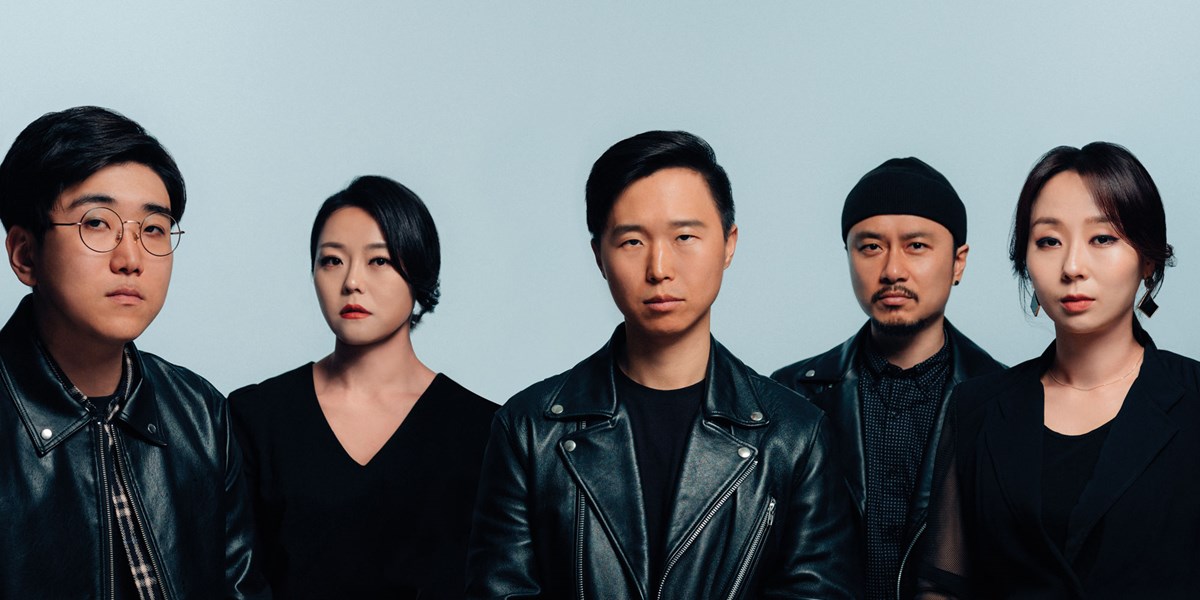Sunday, December 13, 2020
Jambinai: definitely not K-Pop
David Hutcheon speaks to Jambinai, the South Korean band bravely exploring a middle ground between traditional music and heavy metal

From left to right: Yu Byeong-koo (bass), Kim Bo-mi (haegum), Lee Il-woo (guitar, flutes), Choi Jae-hyuk (drums), Sim Eun-yong (geomungo)

Register now to continue reading

Thanks for visiting the Songlines website, your guide to an extraordinary world of music and culture. Sign up for a free account now to enjoy:
- Free access to 2 subscriber-only articles and album reviews every month
- Unlimited access to our news and awards pages
- Our regular email newsletters

